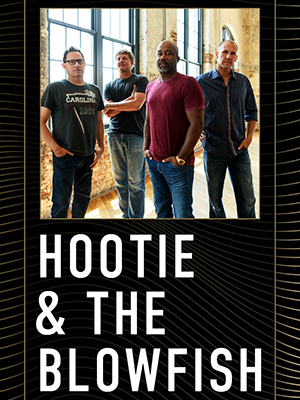Heinz’s fry sauce has embarrassing translation in Canada
By mbrooks on May 21, 2019

Nobody knows fry sauce like people in Utah. Or at least we would like to think so.
In 2018, Heinz “discovered” what Utahns have known all along: Ketchup and mayonnaise were made for each other, and they were made for fries.
Heinz developed its own version of fry sauce called Mayochup. The name may not be a winner among Utahns, but it was winner nationwide when Heinz held a poll to pick the name of the new product. That is, it is new to much of the nation, but not to Utah.
@HeinzKetchup_US In Utah it’s just fry sauce! Has been for years. 👍🏼
— Michele Rowe (@KSLMichele) April 17, 2018
It’s hard to argue with a classic name.
How about Tomayo?
— ❄️Photon Frost❄️ (@photonfrost) April 16, 2018
Other names Heinz considered was “Heinz Golden Sauce” and “Heinz Heinz Sauce.”
Salsa Rosada, Pink Sauce, and Ketchonnaise were also possibilities.
Mayochup became the name. End of story.
Well, not exactly.
The news corps of in the great white north are reporting that the name has bad translation issues with one of the indigenous languages of Canada.
CP24, a Canadian news outlet, is reporting that in the Cree language the name Mayochup “happens to match the very vulgar English idiom for extreme drunkenness,” according to Arden Ogg, director of the Cree Literacy Network.
The word mayo is similar sounding to the Cree word “meyiwi,” which means feces. And “chup” is similar to the word for “eye” in parts of northern Ontario.
The unfortunate combination produces a sauce with a name that is far from the fry sauce Utahns have come to know and love.
A spokesperson for Heinz, Michael Mullen, has responded to the problem.
“We have heard about the unfortunate translation of Mayochup in Cree, and the only thing we want our consumers, whichever dialect of Cree they speak, to have on their faces this summer is our newest condiment mash-up,” said Mullen in an email, according to CP24.







